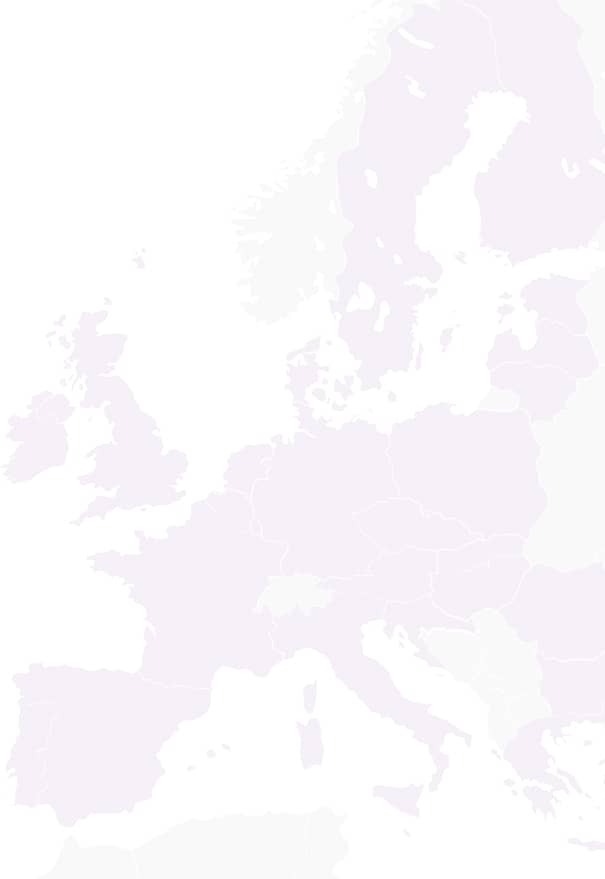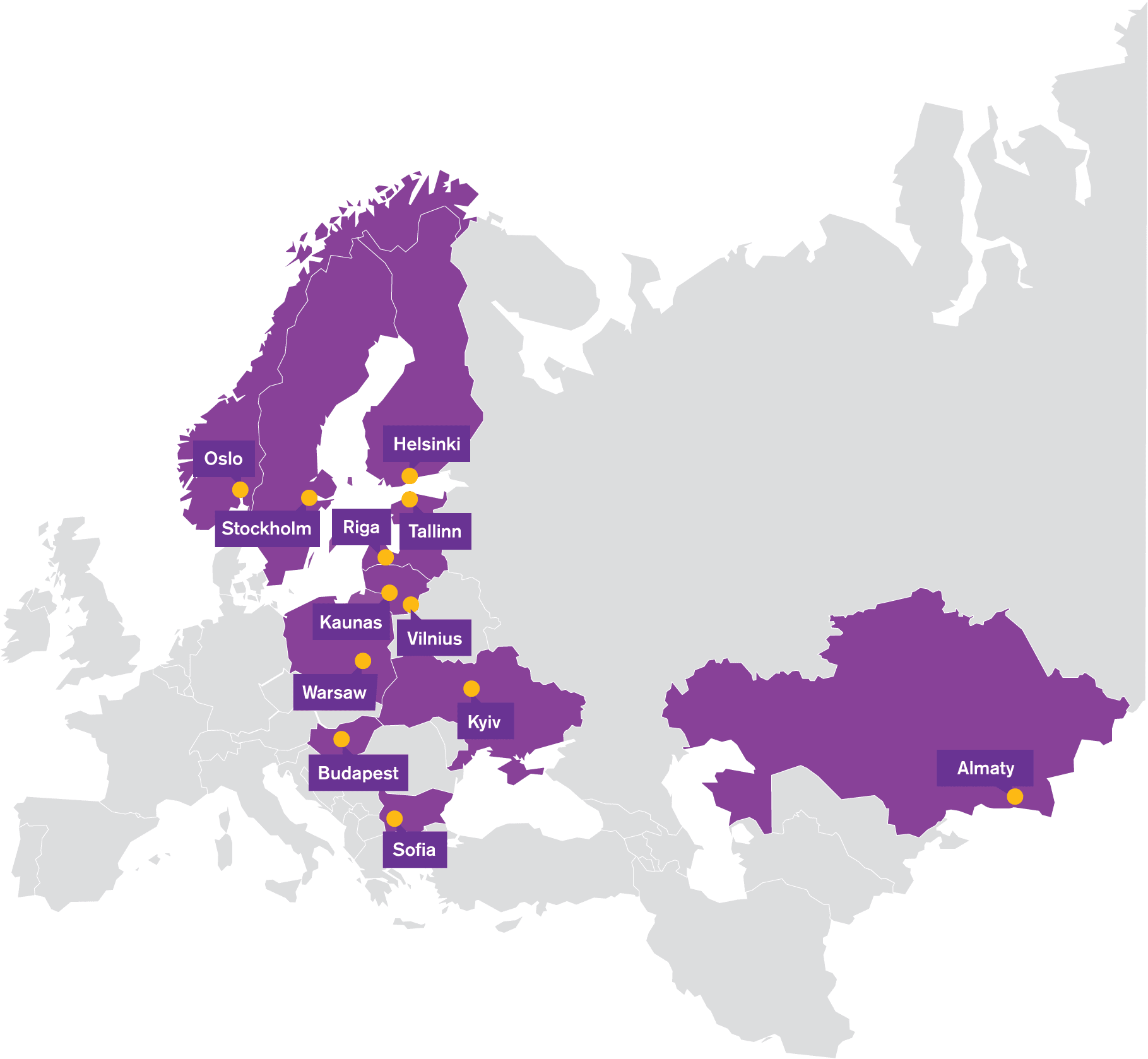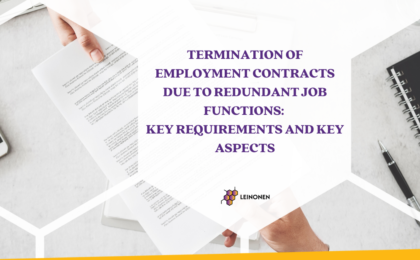LEINONEN LITHUANIA
Accounting, Payroll & Other Advisory Services for Successful Business in Lithuania
Leinonen offers high-quality & reliable accounting, payroll, taxation and legal services to help foreign-owned companies successfully do business in Lithuania.
For nearly 30 years we have been helping a wide range of companies find their way in the Lithuanian market, and we will gladly do the same for you.

Smart & Seamless Business in Lithuania
When you outsource difficult and time-consuming business processes to Leinonen, you are removing the growth barriers of your business in Lithuania. You are no longer overwhelmed by a sea of tiresome tasks and can instead focus on the big-picture issues that will determine the future of your enterprise.
29
years in Lithuania
90+
employees
6
accounting teams and expanding
330+
clients ranging from small local businesses to global brands
A Full Range of Business Advisory Services Designed with the Client in Mind



We are proud to offer a trustworthy, transparent and tailor-made business services with superb communication and reliability. When you work with Leinonen, you can feel confident that you have a stable, long-term partner supporting your business in Lithuania. We have:
- 29 years in Lithuania
- Offices in Vilnius and Kaunas
- 90+ employees
- 6 accounting teams and expanding
- Full tax and legal department
- 330+ clients ranging from small local businesses to global brands
Whether you are an entrepreneur or a corporation aiming to establish a strong business presence in Lithuania, Leinonen can help. Our professional accounting & advisory services are designed to help you simplify your operation and can be crafted to meet your specific needs.
Our services include:
- Accounting
- Payroll management
- Legal services
- Company establishment
- Management reporting
- Tax services

Benefits
Dependability
No more wasting time wondering if your accounting is in compliance or if your management reporting is accurate. You can relax knowing that these processes are all taken care of by our team of experts.
Unparalleled Cross-Border Experience
Establishing a foreign-owned business in Lithuania brings with it various cross-border challenges related to taxation, labour practices and more. Our 25+ years of helping businesses overcome these obstacles means we are the ideal choice to assist your Lithuanian-based operations.
Trustworthiness & Confidentiality
Our record of helping companies large and small speaks for itself. You can have absolute confidence we will always act in your best interests. All your company’s confidential information is handled with the utmost discretion and security. You can be certain your confidential information will stay confidential.

Certificates of Confidence in Our Services
Accounting & Business Advisory Services
Reassure your expanding operations are manageable and profitable



Our network of highly trained & experienced accountants and legal experts in different countries support your company on an ongoing basis while minimizing your cost.
We have a dead-easy 3-step process for when you take off
Save time & eliminate risk by making sure everything is done correctly and on time. No more costly errors or missed deadlines.
Getting Started
If you are keen to provide your Lithuanian enterprise with the best possible chance of success, get in touch with Leinonen using the contact form on our website.
Accounting News & Insights
Contact Us
Use the form to send a quick inquiry.








